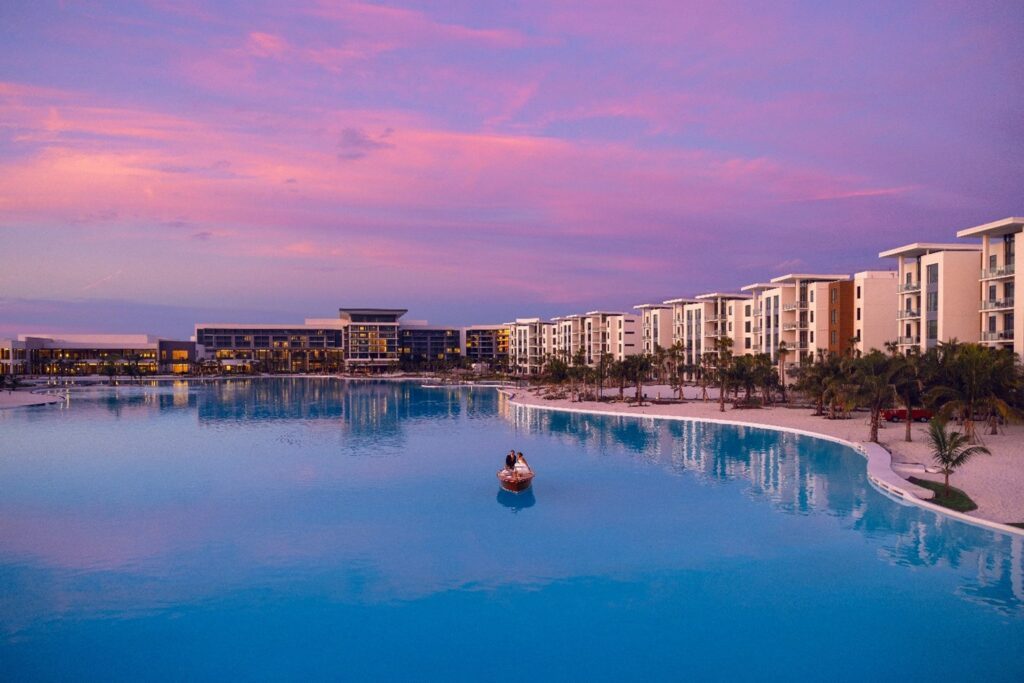As H&LA keeps abreast the continually changing impact of COVID-19 on the economy in general and hospitality sector in particular, we are sharing insights from industry experts and stakeholders with our clients and partners. The following article from CNN News discusses how 25% of hotel owners are struggling to pay their mortgages amid reduced travel.
Published by: Jordan Valinski/CNN Business
Published date: August 2020
The report, sent to Congress this week and compiled by Trepp, shows that the percentage of hotel loans 30 or more days delinquent is 23.4% as of last month — the highest percentage on record. By comparison, the percentage of hotel loans that were 30 or more days delinquent at the end of 2019 was just 1.3%.
“With record low travel demand, thousands of hotels can’t afford to pay their commercial mortgages and are facing foreclosure with the harsh reality of having to close their doors permanently,” said Chip Rogers, CEO of the American Hotel & Lodging Association, in a statement Tuesday. He added that “tens of thousands” of hotel employees and other jobs in the industry are at risk if federal aid isn’t administered. Covid-19 has suppressed demand for travel, evident in the recent string of miserable quarterly financial reports for hotel chains and airlines.
The pandemic might have lowered emissions, but it’ll take more than this temporary fix to have a lasting impact.
As a result, delinquency rates within the commercial mortgage-backed securities market are at an all-time high. Trepp tracks movements in those types of securities, which is a special kind of real estate holding. Commercial mortgage-backed securities pool loans from many companies, including commercial real estate owners, like hotel chains and developers. Those loans are divided up and sold to investors.
In total, $20.6 billion in hotel commercial mortgage-backed security loans were 30 or more days delinquent as of July. For comparison, the highest volume of delinquent hotel loans during the financial crisis more than decade ago was $13.5 billion.
In a letter signed by more than 4,000 hotel owners and several trade groups sent to Congress, the industry asked for support for the Helping Open Properties Endeavor Act. The HOPE Act is aimed at providing financial assistance to small businesses that operate in the commercial real estate market and would shift funds from the CARES Act Economic Stabilization Fund.
“The HOPE Act would allow business owners to keep their businesses running and retain and rehire our valued employees,” the open letter said. “Without action, an unprecedented wave of hotel foreclosures will ripple out from the commercial real estate market causing permanent job losses for thousands and the loss of billions in tax revenue to local municipalities supported by hotels.”
Citing statistics from the Bureau of Labor Statistics, AHLA said the sector has lost nearly 5 million jobs since February with the economic impact on the industry “nine times greater” than the September 11 attacks.
Major chains echo that dire sentiment. In May, world’s largest hotel chain Marriott International (MAR) said the pandemic is “having a more severe and sustained financial impact on Marriott’s business than 9/11 and the 2008 financial crisis, combined.” IHG (IHG), which owns Holiday Inn and other brands, said in a recent earnings call that its revenue for the second quarter fell more than 50%.


